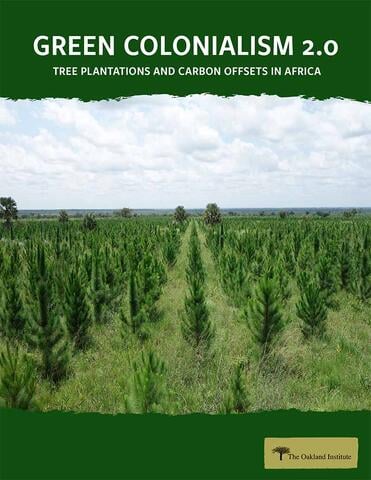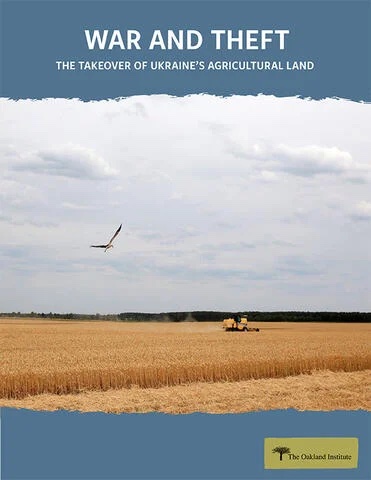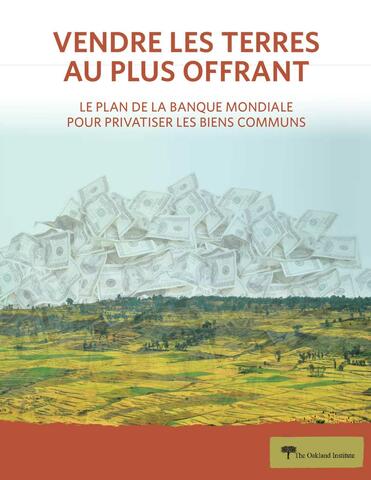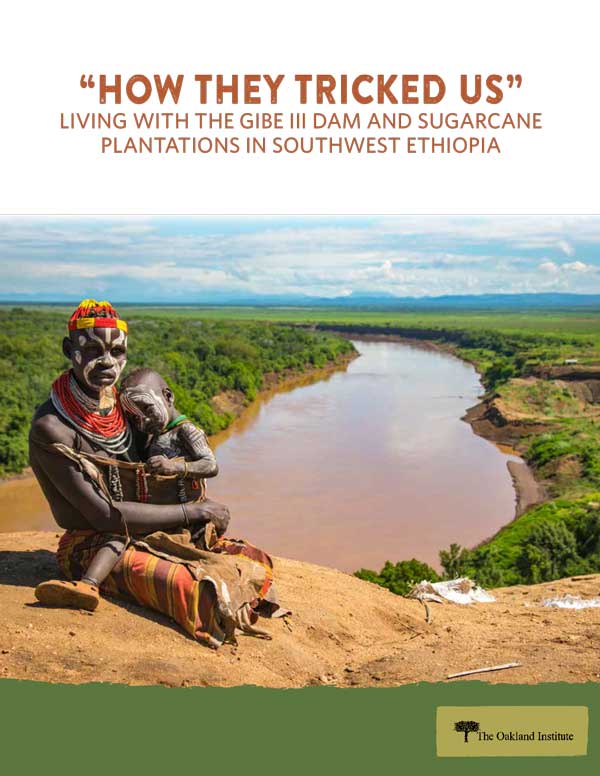Location
The Oakland Institute is a policy think tank whose mission is to increase public participation and promote fair debate on critical social, economic and environmental issues in both national and international forums.
The Oakland Institute’s trademark is to work in coalitions and networks to strengthen social movements, especially as we forge multi-cultural, cross-border and cross-class alliances. As a policy think tank our work is unique (in that we are bringing new approaches to social change including the awareness of economic, social and cultural rights) as we work with grass roots constituency (faith-based, farm workers, immigrant rights groups, Black farmers, among others) and help bridge policy think tanks with activist networks and social movements.
The Institute engages in three main areas of interrelated program work:
- Bringing a social and economic human rights lens to organizing and policy work
- Reframing the debate on security
- Building strategic alliances to strengthen popular struggles nationally and internationally
The Institute addresses this work through education and advocacy activities in national and international forums. Our aim is not just to come up with a list of new policy solutions but to reframe the basic terms on which public debate takes place. Our goal is to stimulate public discussion and debate while creating an informed citizenry that can craft a new vision of action for the future.
Members:
Resources
Displaying 1 - 5 of 37Green Colonialism 2.0: Tree Plantations and Carbon Offsets in Africa
Green Colonialism 2.0: Tree Plantations and Carbon Offsets in Africa examines the African Forestry Impact Platform (AFIP) bankrolled by European development finance institutions, Japanese oil interests, and an Australian investment firm. The AFIP exemplifies the green colonialism that President Ruto of Kenya is promoting on the continent — opening the door for more extraction of Africa's resources. Despite AFIP’s claim of promoting “nature-based solutions,” a troubling pattern of exploitation and greenwashing underscores its investments, stakeholders, and financial backers.
War and Theft: The Takeover of Ukraine’s Agricultural Land
War and Theft: The Takeover of Ukraine’s Agricultural Land, exposes the financial interests and the dynamics at play leading to further concentration of land and finance.
The Destroyed Land, Life, and Identity of The Tamil People in Sri Lanka
Endless War: The Destroyed Land, Life, and Identity of the Tamil People in Sri Lanka, brings forth shocking new evidence on the extent of the continued persecution of the minority Tamil population in the North and East of the country.
Vendre les terres au plus offrant: Le plan de la Banque Mondiale pour privatiser les biens communs
Date: 2019
Source: Foncier & Développement
Par: Frédéric Mousseau (The Oakland Institute)
Ce rapport détaille comment la Banque Mondiale préconise des réformes, via un nouvel indicateur foncier dans le projet EBA (Enabling the Business of Agriculture), qui encourage les acquisitions de terres à grande échelle et l’expansion de l’agrobusiness dans les pays en développement.
“HOW THEY TRICKED US” LIVING WITH THE GIBE III DAM AND SUGARCANE PLANTATIONS IN SOUTHWEST ETHIOPIA
How They Tricked Us: Living with the Gibe III Dam and Sugarcane Plantations in Southwest Ethiopia, reveals the dire situation faced by the Indigenous in Ethiopia's Lower Omo Valley and calls for urgent action by the government.
For years, the Oakland Institute has raised alarm about the threats that the Gibe III Dam and sugarcane plantations pose to the local population in the region. Now, several years on, new field research reveals the true impact on the Indigenous communities, who have called the area home for centuries.





